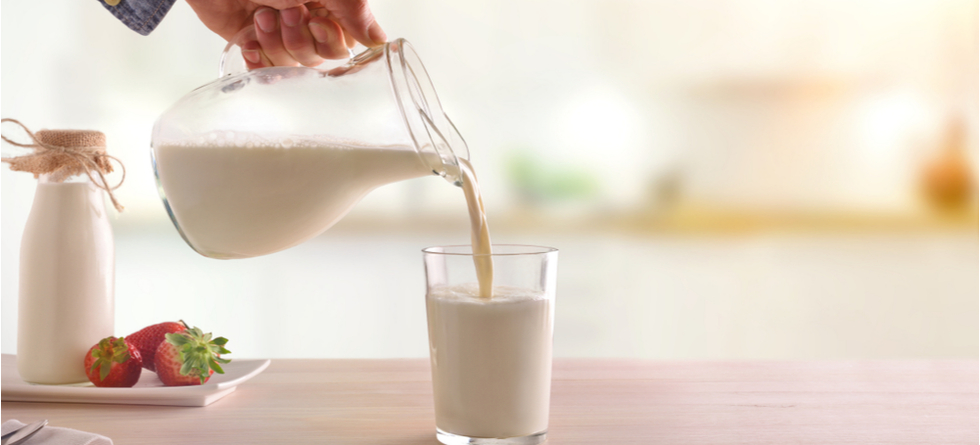How Much Milk Should an 80-Year-Old Drink?
At Devoted Helpers in Sugar Land, Texas, we understand the importance of proper nutrition for seniors. Milk is a great source of calcium, vitamin D, and protein, but how much should an 80-year-old drink daily to maintain optimal health?
Let’s break it down…
Recommended Milk Intake for Seniors
- 1-2 Cups Per Day – The general recommendation for seniors to maintain bone health and overall well-being.
- Varies by Individual Needs – Those with osteoporosis or calcium deficiencies may benefit from slightly higher intake.
- Consider Other Dairy Sources – Yogurt, cheese, and fortified plant-based milk alternatives can contribute to daily intake.
Health Benefits of Milk for Seniors
- Supports Bone Health – Rich in calcium and vitamin D to prevent osteoporosis and fractures.
- Provides Essential Nutrients – Contains protein, potassium, and B vitamins crucial for overall health.
- Aids Muscle Maintenance – Helps prevent muscle deterioration and promotes mobility.
- Supports Hydration – Contributes to fluid intake, helping seniors stay hydrated.
Potential Concerns with Excess Milk Consumption
- Lactose Intolerance – Some seniors may experience digestive discomfort; lactose-free options are available.
- High Saturated Fat Content – Whole milk can contribute to high cholesterol; low-fat or plant-based alternatives may be better options.
- Excess Calcium Intake – Too much calcium from milk and supplements can lead to kidney stones or cardiovascular issues.
Healthy Ways to Incorporate Milk into a Senior’s Diet
- In Morning Cereal or Oatmeal – A nutritious way to start the day.
- Blended into Smoothies – Adds protein and essential nutrients to a healthy snack.
- As a Warm Beverage Before Bed – Can promote relaxation and better sleep.
- Used in Cooking – Adds creaminess to soups, mashed potatoes, and sauces.
Why Devoted Helpers Supports Senior Nutrition
- Customized Meal Planning – We tailor diets to individual needs and health conditions.
- Safe Meal Preparation – Ensuring safe and nutritious food choices for seniors.
- Monitoring Dietary Needs – Helping seniors maintain a balanced diet while considering health risks.


